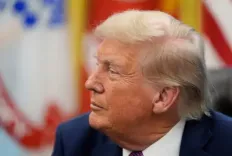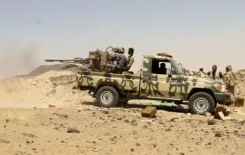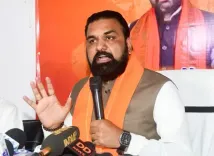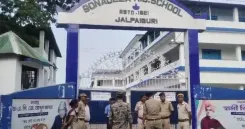Why is the Indian delegation at the UN advocating for TRF's designation as a terrorist organization?
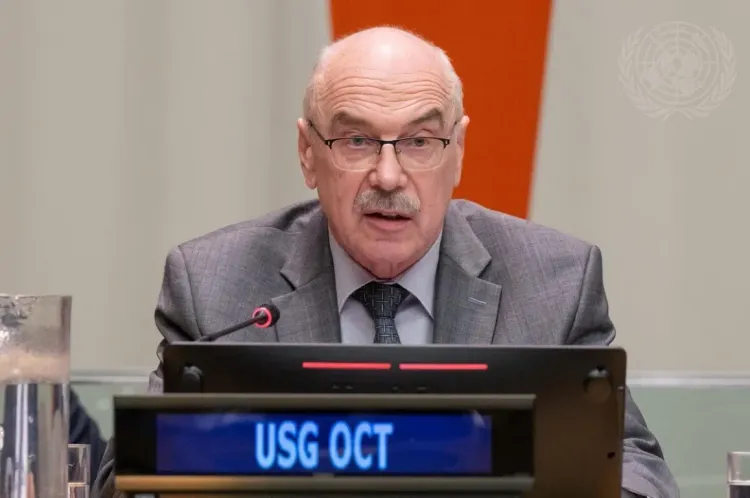
Synopsis
Key Takeaways
- India is pushing for TRF's designation as a terrorist organization at the UN.
- The Pahalgam attack that killed 26 people has heightened this urgency.
- Key UN officials expressed condolences and support for India’s efforts.
- The discussions included strategies for countering emerging technologies used in terrorism.
- India is committed to collaborating with UN agencies on counter-terrorism initiatives.
United Nations, May 15 (NationPress) An Indian delegation engaged with senior UN counter-terrorism officials on Wednesday to discuss collaborative efforts in combating terrorism, particularly following the tragic Pahalgam terrorist attack carried out by The Resistance Front.
During their meeting, Under-Secretary-General Vladimir Voronkov from the UN Office of Counter-Terrorism (UNOCT) and Assistant Secretary-General Natalia Gherman from the Counter-Terrorism Committee Executive Directorate (CTED) emphasized the importance of cooperation, especially in executing critical Security Council counter-terrorism resolutions and the UN Global Counter-Terrorism Strategy, according to a statement released by UNOCT.
Voronkov and Gherman extended their condolences to the families of the victims of the Pahalgam attack, which resulted in the loss of 26 lives last month.
The Indian delegation, including intelligence officials, was present at the UN headquarters to advocate for classifying The Resistance Front (TRF)—the group responsible for the Pahalgam attack—as an international terrorist organization and to impose sanctions on it, as reported by UN sources.
The TRF, linked to the Lashkar-e-Taiba (LeT), which has already been designated as an international terrorist organization by the UN, poses a significant threat.
The delegation also met with the Security Council's 1267 Committee monitoring team, which is responsible for sanctioning terrorist organizations and their affiliates. The team is reviewing evidence of TRF's involvement in the Pahalgam attack and its broader activities.
The committee derives its name from Security Council Resolution 1267, which mandates action against the Islamic State or Da'esh, Al-Qaida, and associated groups.
Additionally, the delegation interacted with UN diplomats to advocate for the classification of TRF as a terrorist entity.
The UNOCT's readout indicated that key cooperation areas for India and UN counter-terrorism agencies include UNOCT-led technical capacity-building initiatives backed by India, such as cybersecurity, countering terrorist movement, aiding victims of terrorism, and combating terrorism financing.
The discussions also touched upon strategies to thwart the misuse of new and emerging technologies for terrorist activities, as noted in the 2022 Delhi Declaration adopted by the UN Security Council's Counter-Terrorism Committee, chaired by India, which emphasized addressing emerging terrorist threats through the use of advanced technologies.
This declaration also called for developing guiding principles to address threats from unmanned aircraft systems and the exploitation of emerging financial technologies for terrorist purposes.
LeT has been listed as an international terrorist organization since 2005, with 27 aliases, including Pasba-e-Kashmir and various forms of Jamaat-ud-Dawa, included in the sanctions list.
Sanctions have been imposed on approximately a dozen individuals affiliated with LeT, including its leader Hafeez Mohammed Saeed, along with three related organizations, including Jaish-e-Mohammed and Harkat-ul-Mujahideen.
Sanctions entail asset freezes and travel bans.

